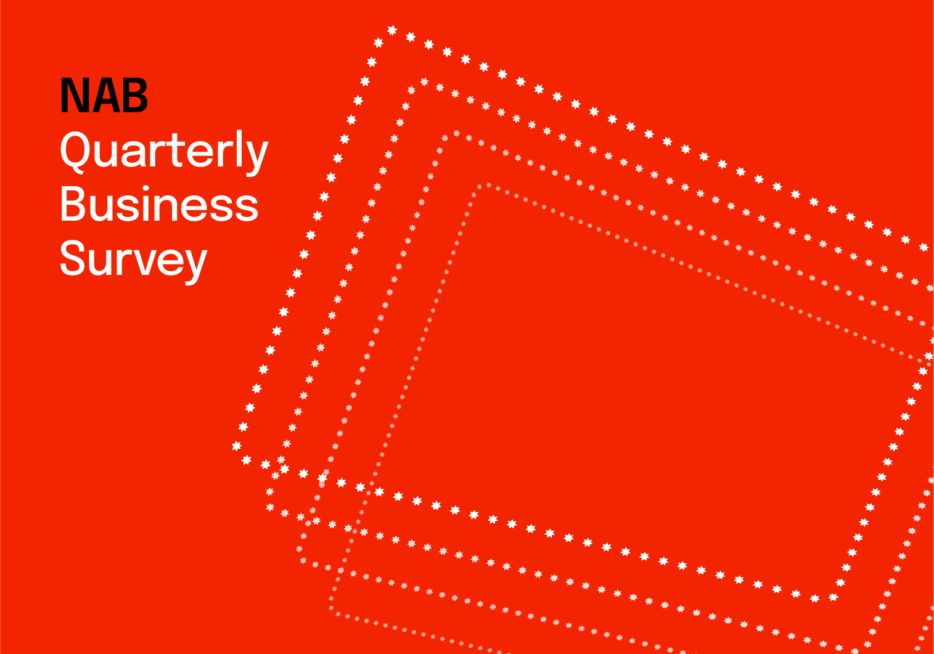Price growth edges lower despite reasonable economy

Insight
The World in Gala Dinner evening, inspired by The Economist's annual The World In... publication, returned to Sydney last night. Helen Clark, UN Development Programme Administrator, shared how the UN is mobilising the expertise and ideas countries need to drive sustainable development.

Helen Clark, Administrator, United Nations Development Programme (UNDP) and former Prime Minster of New Zealand, shared how the UN is mobilising the expertise and ideas that countries need to drive sustainable development.
With the eight Millennium Development Goals due to be replaced by movement towards the Sustainable Development Goals in 2015, Clark shared some key observations about creating sustainable pathways. The proposal contains 17 goals with 169 targets covering a broad range of sustainable development issues, including ending poverty and hunger, improving health and education, making cities more sustainable, combating climate change, and protecting oceans and forests.
Sustainable development requires a range of measures. To achieve sustainable development we support better governance, transparency, anti corruption measures, private sector investment, rule of law and access to justice. We’re focused on locking in the gains made through disaster risk reduction, speedy recovery, early warning systems, honest government and through a ‘build back better’ philosophy where what is rebuilt after a disaster is more proactively planned.
The verdict on the Millennium Development Goals is that the glass is more than half full. However, we can’t attribute all the success against indicators to a global effort. One of the key goals – to halve the proportion of people in extreme poverty – was met by 2010 because China experienced the biggest movement out of poverty ever known. Next on the agenda is to drive this number to zero.
The outcome of the Millennium Development Goals proves that if you have clear goals and you can mobilise partnerships you can have an impact. The goals had a huge impact on education, gender equality, global health and child mortality. Millions of lives have been saved.
The Sustainable Development Goals have a different agenda. The Millennium Goals had a ‘gap’ agenda – that is, they focused on where health, education and poverty should be and filled the gaps. The sustainable development agenda is about how you invest in everything – energy, transport, a green economy, waste, etc to create a comprehensive outcome.
We have a big interest in one key goal – supporting peaceful and inclusive societies. Where there is better government, respect for life, access to justice, and rule of law there is a framework for easing extreme poverty.
Societies that don’t use the full potential of the entire workforce, including women, are selling themselves short. In New Zealand there was a link between GDP and the mobilisation of the female workforce. Japan’s Prime Minister Shinzo Abe is convinced that mobilising Japanese women will be a key factor in providing more dynamism throughout the Japanese economy.
Something good may come out of the Iran nuclear negotiations in 2015. This will be important in resolving issues throughout the surrounding Arab states.
NAB was recently privileged to sponsor The Economist’s spectacular The World In 2015 event. It was an evening of surprises, unexpected insights and dramatic revelations about the year ahead. These insights were written by NAB and are based on the guest speakers’ presentations.
© National Australia Bank Limited. ABN 12 004 044 937 AFSL and Australian Credit Licence 230686.